Description
In recent decades, militias and sub-national armed groups have played a decisive role in politics and security in the MENA region. Their prominence with local and outside actors in areas where state institutions have collapsed presents multiple policy challenges. Armed groups have access to substantial resources and in some cases enjoy considerable local legitimacy.
That makes them formidable but also resilient forces. This is why their suppression – through coercive measures or marginalization – can bring more costs than benefits to already fragile state institutions and exhausted populations.
This volume addresses the void in the current debate on subnational armed groups, focusing particularly on the multiple ongoing conflicts and turmoil in the MENA region. It places a particular emphasis on whether armed groups can be integrated into state-building initiatives and whether they can play a constructive role with other key actors.
ISPI. The Italian Institute for International Political Studies (ISPI) is an independent think tank dedicated to being a resource for government officials, business executives, journalists, civil servants students and the public at large wishing to better understand international issues. It monitors geopolitical areas as well as major trends in international affairs. Founded in Milan in 1934, ISPI is the only Italian Institute – and one of the few in Europe – to place research activities side by side to training, organization of international conferences, and the analysis of the international environment for businesses. Comprehensive interdisciplinary analysis is achieved through close collaboration with experts (academics and non-academics alike) in political, economic, legal, historical and strategic studies and through an evergrowing network of think tanks, research centers, and Universities in Europe and beyond.

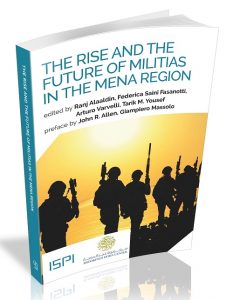
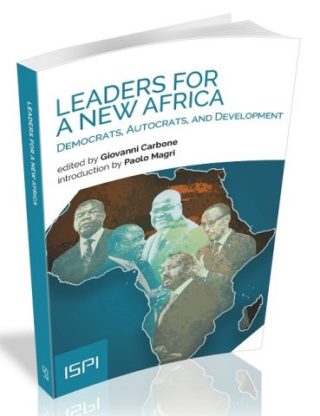
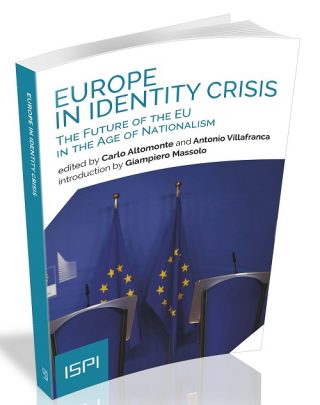
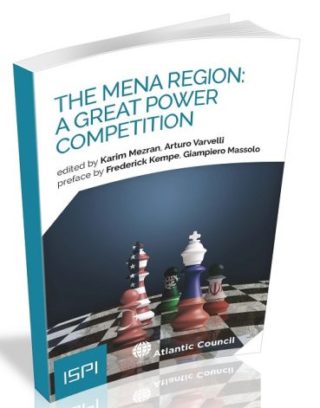
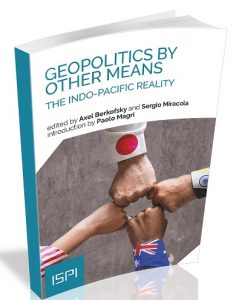
Reviews
There are no reviews yet.